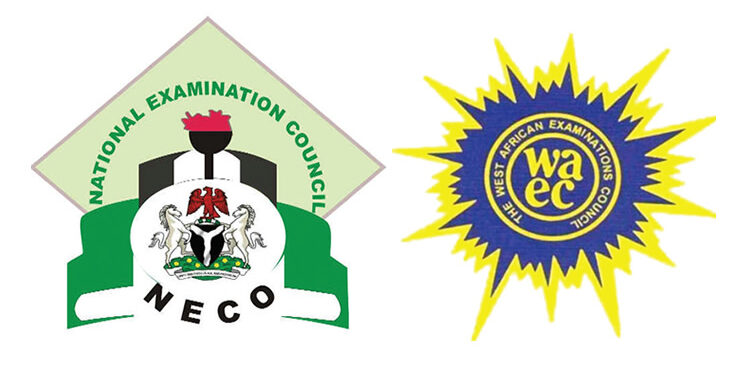After 73 years of existence, the West African Examinations Council urgently requires a reset. The ordeal faced by candidates at some centres during the 2024/25 Senior School Certificate Examinations signifies a troubling decline at WAEC and demands a comprehensive overhaul of its operations.
Following the leakage of the English Language question paper just four days before the exam, the council was forced to reprint the questions. This led to candidates sitting for the exam late into the night. When the lights went out, students resorted to torches, candles, and any alternative light source. At one centre, a roof nearly collapsed on some of the candidates.
The situation sent panic through many homes, with agitated parents and guardians making frantic calls about the safety and whereabouts of their loved ones. Some WAEC officials are reportedly under police investigation over the incident, which affected centres in Lagos, Ogun, Osun, and Taraba.
WAEC was established in 1952 to conduct examinations in Nigeria and four other English-speaking West African countries—Ghana, Sierra Leone, Liberia, and The Gambia—with a mandate to award certificates comparable in integrity to those of similar examining bodies globally.
The organisation lived up to expectations for about two decades after its creation. The exams were beyond reproach, shaping the lives of millions who became professionals, national leaders, and global icons across diverse fields.
However, in subsequent years, the subregional body’s frailties became apparent. Officials began leaking question papers for a fee days before the exam, with unscrupulous businessmen, itinerant peddlers, and lazy students snapping them up. This undermines the lofty ideals WAEC once aspired to and compromises the integrity of its certificates.
Recent events further underline the rot in the country’s education system. Barely a month before the WASSCE leakage, a JAMB system glitch forced thousands of UTME candidates in six states and parts of Lagos to resit the exam after being awarded low scores.
The shock and frustration led an affected female candidate to take her life in Lagos, only for JAMB to later admit that the mass failure was its fault, not the candidates’.
The 1970s marked a turning point in WAEC’s decline. The Owosho Scandal, in which an official leaked answer slips to students before the exam, led to the cancellation of exams at some centres, forcing both guilty and innocent candidates to resit the exam the following year with their juniors. However, the compromise of 1977, dubbed ‘Expo ’77’, eclipsed the Owosho breach in every sense.
Exam leakages have done incalculable damage to Nigerian certificates and educational growth, despite WAEC’s optimism. In March 2002, the council celebrated its 50th anniversary in Abuja under the theme, ‘50 Years of Excellence.’
In 2004, a former head of the organisation in Nigeria claimed the body had “developed a team of well-trained and motivated staff, and administered examinations that are valid and relevant to the educational aspirations of member countries.”
Yet, such claims ring hollow as exam leakages and malpractice deepen in the era of the internet and social media. Students visit various platforms and websites peddling real and fake SSCE questions and answers for a fee, with some platforms brazenly calling themselves ‘King of Exam Runs’.
There are also “special exam centres” where candidates hardly ever fail. At an Akure centre during the current WASSCE, a woman allegedly organised thugs to assault a school vice-principal who prevented her son from using his phone in the exam hall.
WAEC must redeem itself by plugging the loopholes through which unscrupulous staff leak its question papers. It must identify and hand over the bad eggs to the police for prosecution.
Compromising schools and fraudulent exam centres should be shut down.
The Punch




